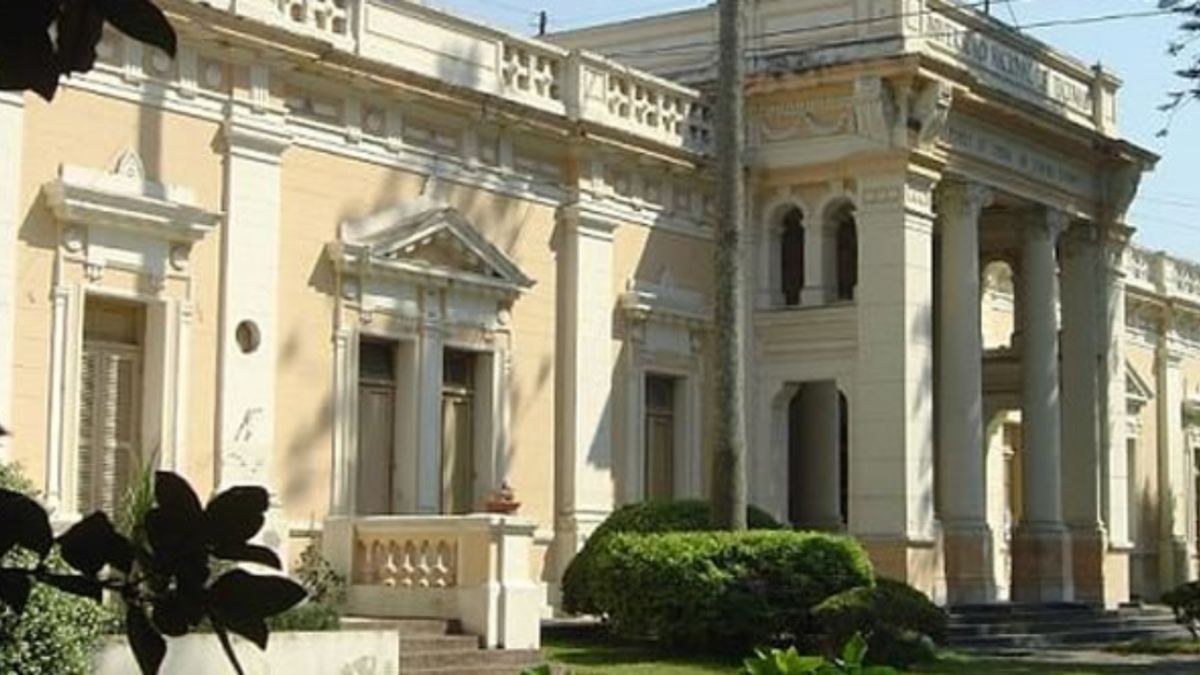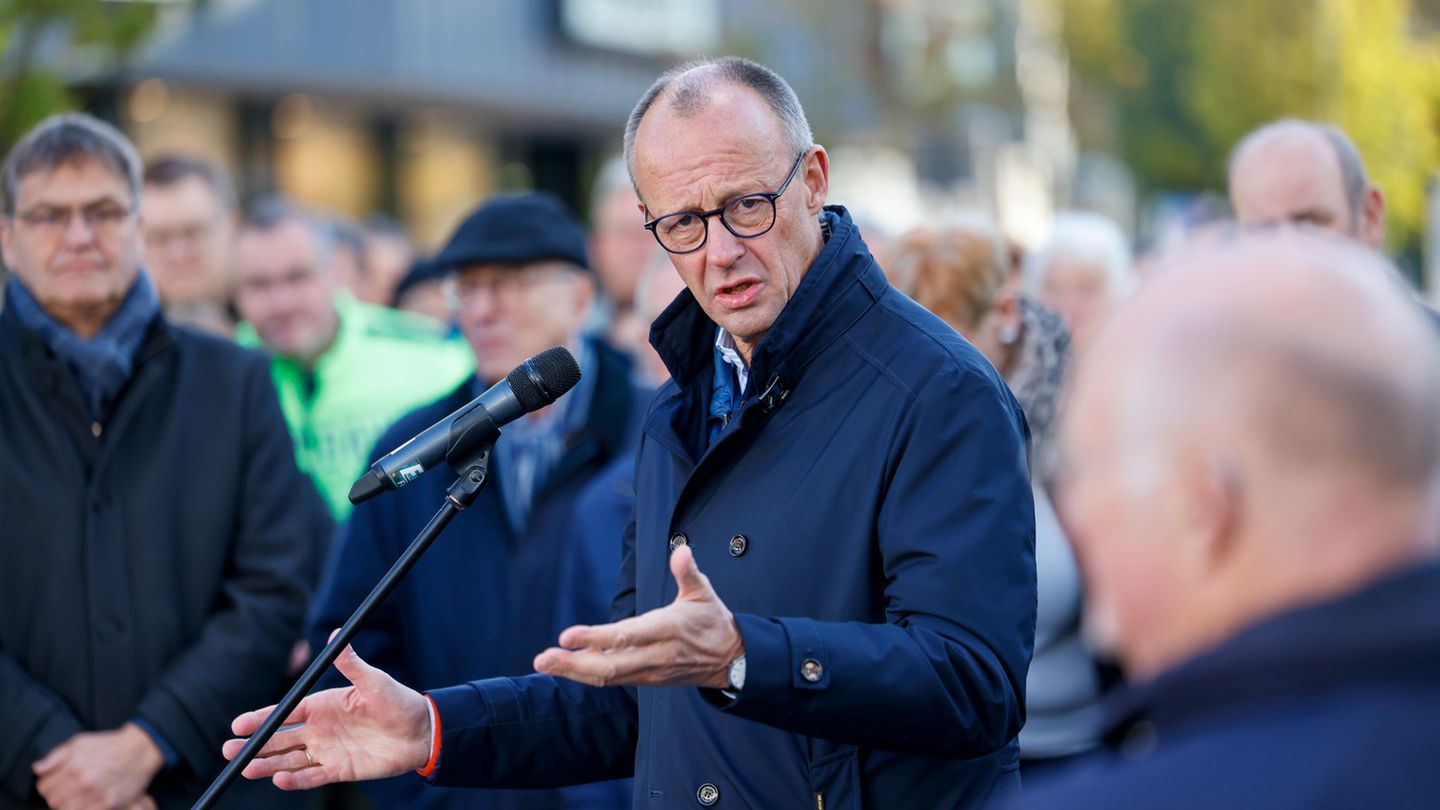Through a letter signed by the rector of the UNT, Sergio Paganiwhich reached the offices of the nine national deputies for the province of Tucumanit was recalled that “the sanction of the university financing law meant relief for national universities when solving the critical budget imbalances caused by the high inflation rates of the last months of 2023 and the first half of 2024″.
“The community of National University of Tucumán celebrated that the representatives of the Argentine people have assumed with clarity and conviction the authentic defense of Higher University Education“, acknowledges the letter, which in contrast points out that “the presidential veto of this important law not only puts the Argentine University into operation facing a severe crisis and casts a gloomy outlook for next year; “but also shows the low value that the PEN gives to University Public Education and it is a sad indication that this is not a priority for the current administration.”
After highlighting the massiveness of the last Federal University March of October 2, the text ends with a question to each deputy: “The current situation confronts you with the challenge of honoring before society and history, your commitment and conviction in defense of the Argentine University. The National University of Tucumán urges you to reject the presidential veto to the university financing law”.
Vote by vote: the possibilities of the veto in Deputies and the influence of Tucumán
Tucumán is a fundamental province for the opposition to reach the special two-thirds majority in the district.not only because of the nine deputies who represent it but also because of its composition. It is anticipated that there will be three votes in favor of the university financing law (Cisneros and Yedlin, from Unión por la Patria, and Sánchez, from the UCR) and two against (Huesen, from La Libertad Avanza, and Omodeo, from CREO).
MARIANO CAMPERO RADICAL DEPUTY.jpg
Mariano Campero, Tucumán deputy for the UCR.
However, the remaining four are a question mark. one of them is Mariano Camperoa radical who in the last month showed himself aligned with the policies of Casa Rosada and supported the presidential veto of retirements. The other three correspond to Independence blockwho respond to the governor Osvaldo Jaldoclose to national management. Given the lack of confidence that they will vote in favor of the law, the hope is that they will be absent from the session, improving the opposition’s chances.
Casa Rosada makes numbers: If all 257 deputies are present, 172 votes (two-thirds) are needed to reverse the presidential veto, so 86 votes ensure that this does not happen. However, The ruling party and the opposition take it for granted that there will be absences of those who seek to avoid confrontation with the Nation and with the university communities of their districts. As a reference, in the session of August 15 there were 35 absentees, coming from all parties.
The aspiration of those who want to overturn the veto is to capture the greatest number of those votes. There is two positions that excite them, mainly because they come from the PRO: that of Alvaro Gonzalezclose to Larreta, and that of Hector Baldassi, the former referee who published his support for the university march on his social networks. The silence of Mauricio Macri and the tension that his party has with Freedom Advances In the city and provincial parliaments of Buenos Aires, yellow defections may deepen.
In case the Chamber of Deputies ratify the budget increase next week, the Senate would have paved the way to cause a strong impact on the Governmentmore political than fiscal. There they need 48 votes and they already have 47 guaranteed among the blocks of Union for the Homeland and the Radical Civic Unionwho maintain fluidity with university authorities. The remaining support could come from four different blocks, but it would not even be necessary: Guadalupe Tagliaferri (PRO) anticipated that it accompanies the improvement in university financing.
Source: Ambito




